- Emphasis on landmark clinical trials in metastatic prostate cancer (especially since 2010)
- Critical analysis and summary of PSA-based prostate cancer screening
- Advances and integration of genomic sciences in early and advanced stages of prostate cancer
Latest Updates
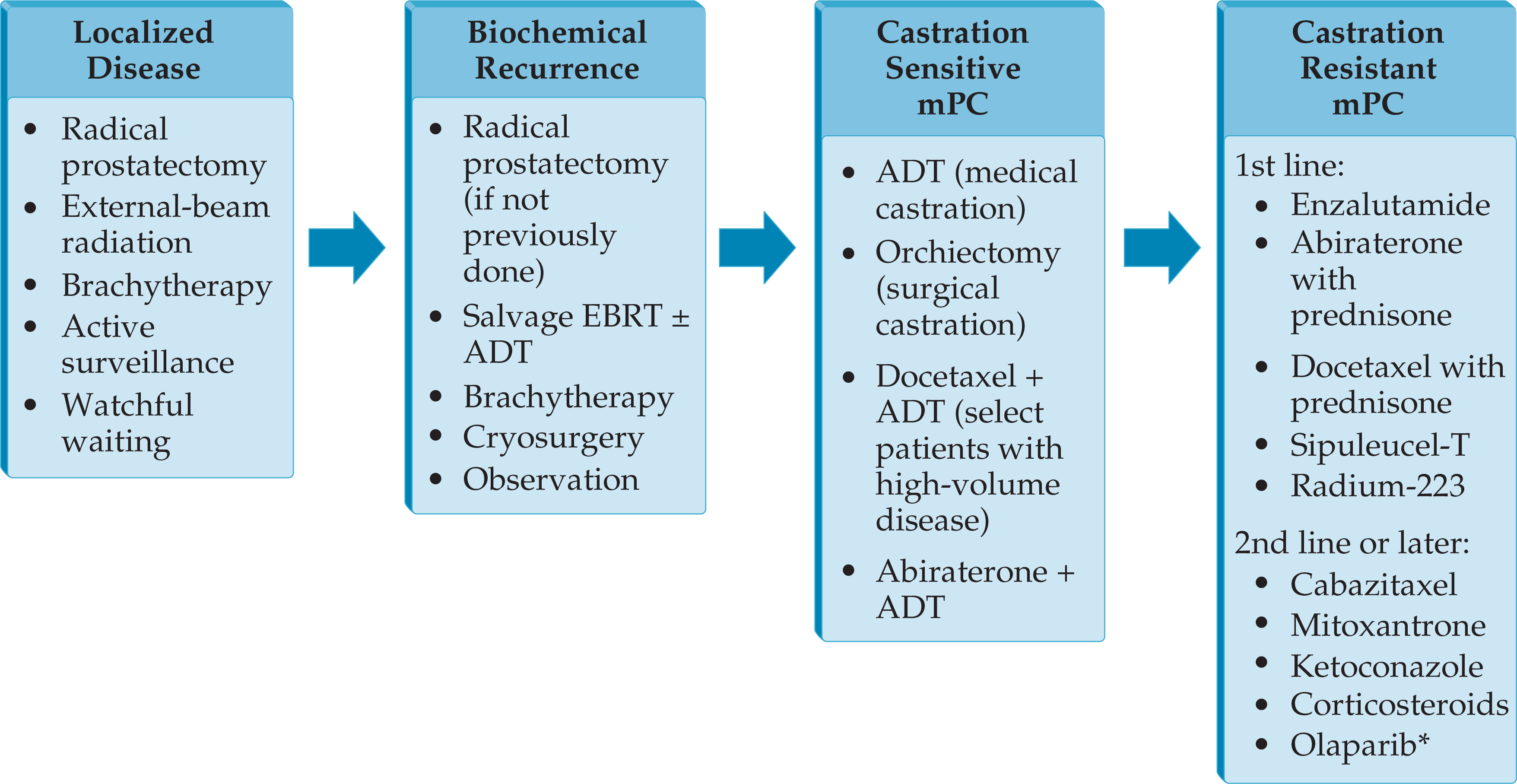
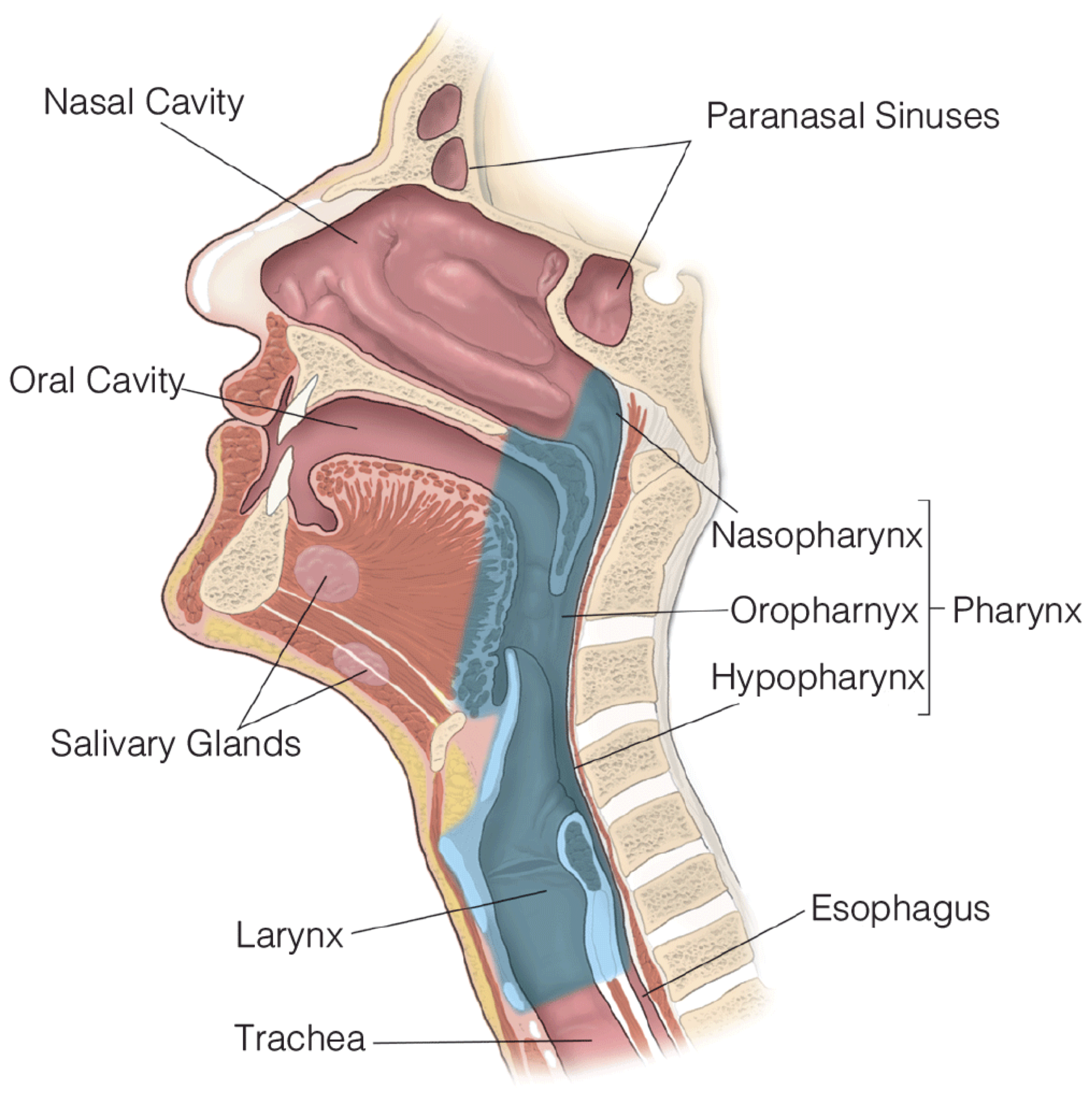
The Respiratory System: Physiology
- Respiratory system supports metabolism by providing a supply of oxygen and release for carbon dioxide.
- Physiologic mechanisms support these respiratory processes along with the balance of body pH, and the understanding of these mechanisms is critical to caring for the critically ill patient.
- The above are governed by specific physiologic laws and achieved through unique anatomy described herein.

The Respiratory System: Physiology
- Respiratory system supports metabolism by providing a supply of oxygen and release for carbon dioxide.
- Physiologic mechanisms support these respiratory processes along with the balance of body pH, and the understanding of these mechanisms is critical to caring for the critically ill patient.
- The above are governed by specific physiologic laws and achieved through unique anatomy described herein.

The Respiratory System: Physiology
- Respiratory system supports metabolism by providing a supply of oxygen and release for carbon dioxide.
- Physiologic mechanisms support these respiratory processes along with the balance of body pH, and the understanding of these mechanisms is critical to caring for the critically ill patient.
- The above are governed by specific physiologic laws and achieved through unique anatomy described herein.

The Respiratory System: Physiology
- Respiratory system supports metabolism by providing a supply of oxygen and release for carbon dioxide.
- Physiologic mechanisms support these respiratory processes along with the balance of body pH, and the understanding of these mechanisms is critical to caring for the critically ill patient.
- The above are governed by specific physiologic laws and achieved through unique anatomy described herein.
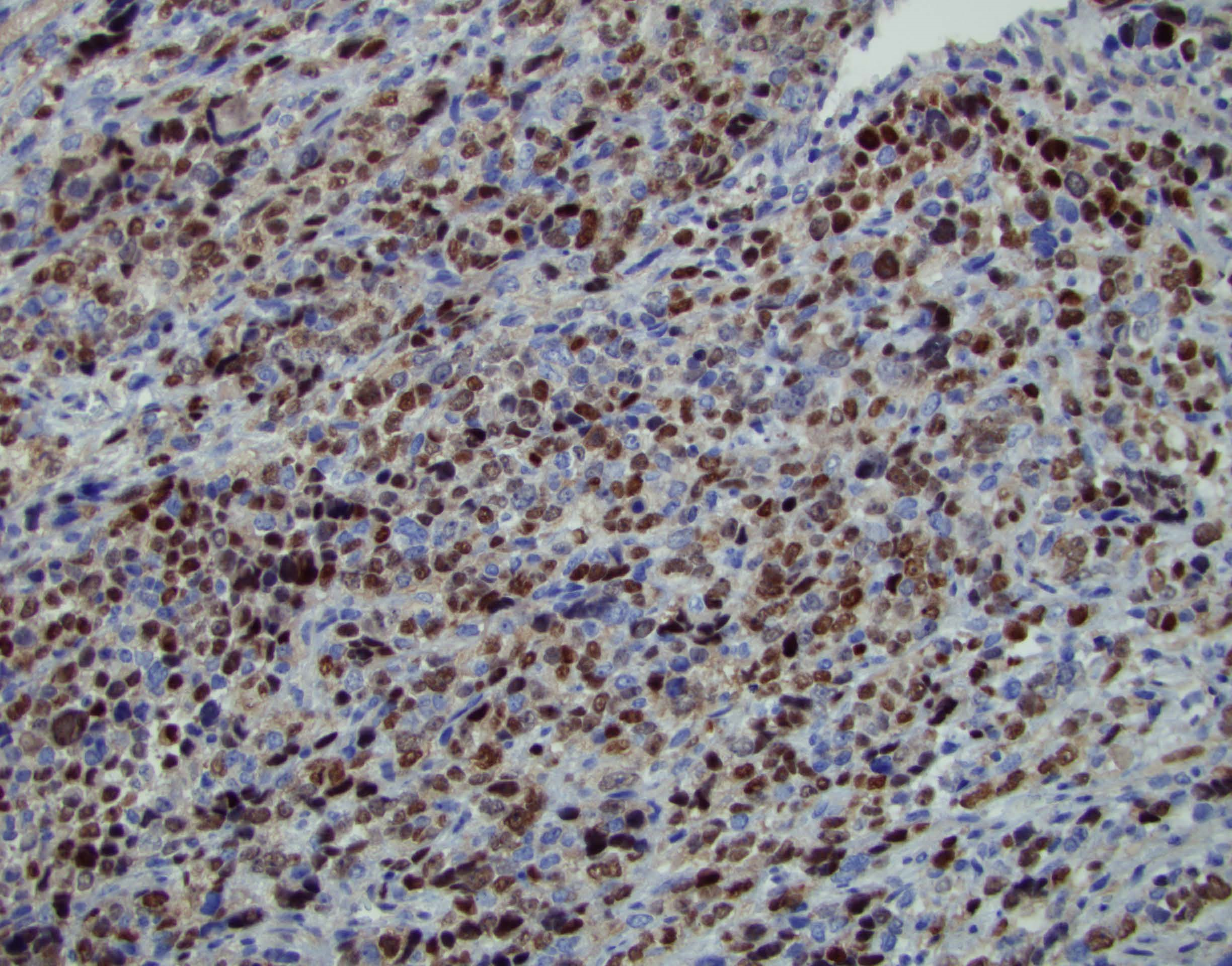
Diagnosis and Management of Genitourinary Rhabdomyosarcoma
- Description of current risk stratification and evidence for it used by collaborative groups.
- New risk stratification system for high-risk metastatic rhabdomyosarcoma.
- Use of PAX3-FKHR/FOXO1 and PAX7-FKHR/FOXO1 fusion-gene status in risk allocation.
- Role of [F-18]-fluorodeoxy-D-glucose position emission tomography (FDG-PET) as an emerging imaging modality for the diagnosis, staging, and evaluation of treatment response.
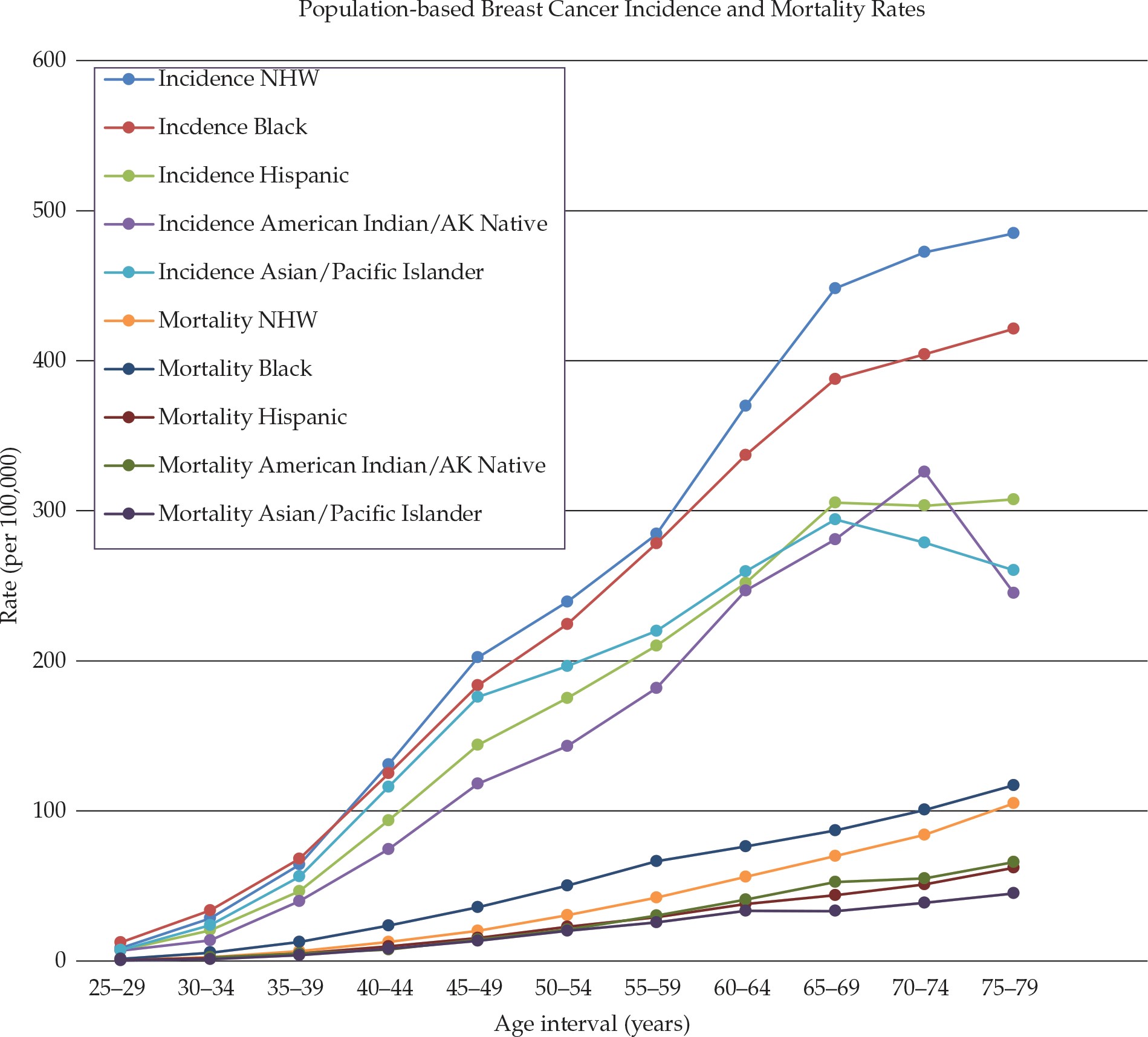
- Population-based incidence breast cancer in young women have been stable.,
- Growth of this population demographic has resulted in larger numbers of young patients.
- Young women are more likely to be diagnosed with aggressive phenotypes, but systemic therapies improved outcomes.
- Options for locoregional and systemic therapy should be based on disease stage phenotype.
- Genetic counseling and fertility preservation options should be discussed with all young breast cancer patients.
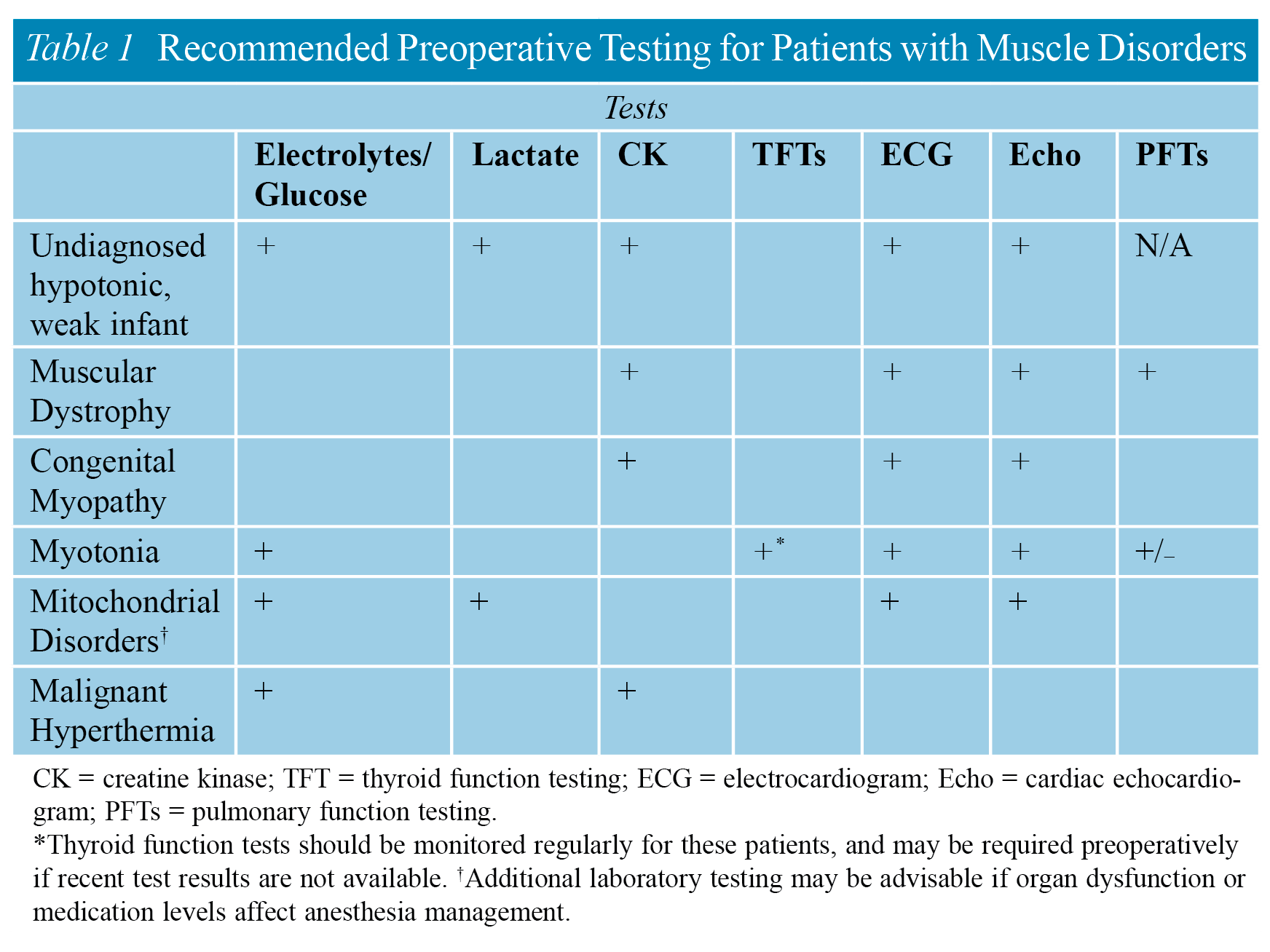
Preoperative Evaluation of Pediatric Patients with Muscle Disorders
- When evaluated by echocardiography, poor scanning windows may lead to underestimation of left ventricular dysfunction compared with evaluation by cardiac MRI in Duchenne muscular dystrophy patients
- In performing genetic analysis of malignant hyperthermia cohorts, only 35 RYR1 and 2 CACNA1S of over 200 genetic variants identified are sufficiently characterized to be considered pathogenic for malignant hyperthermia, underscoring the lack of specificity of this testing at present
- Next-generation gene sequencing has significantly improved early diagnosis and confirmation of mitochondrial disorders in children


.png)







